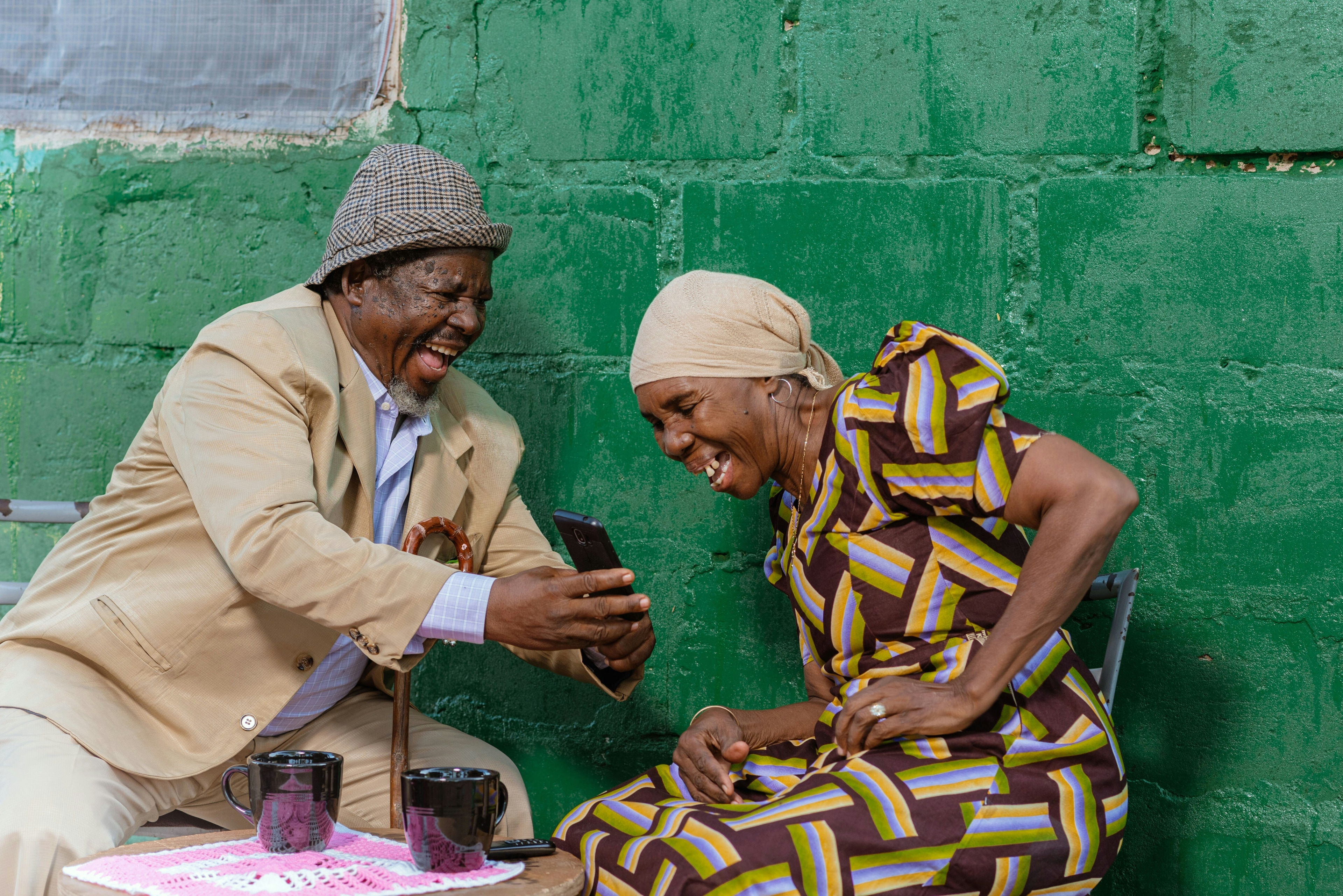Human rights are under attack – it’s time for the business world to do more

Can South-East Asia's governments pay the same attention to their human rights as their economic growth rates? Image: REUTERS/Beawiharta
If ASEAN was a single country, it would represent the seventh-largest economy in the world. By 2050, management consultants McKinsey predict the economies of South-East Asia could collectively become the fourth-largest in nominal GDP terms. If the figures are adjusted for purchasing power parity, they are already there. Since 2000, nowhere outside China and India has seen more robust economic growth.
At the same time, however, South-East Asia performs poorly when it comes to human rights. Throughout the region, the rights to freedom of expression and assembly are under attack. As authorities have rapidly derestricted the flow of capital, they have imposed increasingly greater restrictions on the flow of opinions and ideas – whether online or offline. And at a time when the majority of the world’s countries have turned their back on the death penalty, abolishing this cruel and irreversible practice, the region is seeing a worrying revival in its implementation.
For decades, a debate has raged in the region over whether human rights represent a particularly Western tradition that finds little relevance in Asia. Some influential voices have argued that by protecting human rights, their economic ambitions will be impeded.

As an Asian myself, I have to disagree. Nobel-winning Amartya Sen has observed that empirical studies “give no real support to the claim that there is a conflict between political rights and economic performance”.
Indeed, by limiting or violating human rights, countries risk thwarting their ability to sustain their economic ambitions and eventually rolling back on progress.
In Vietnam, ordinary people took to the streets to demand accountability after vast stocks of fish were devastated by pollution which they believe came from a local factory. The response of the ruling Communist party, ironically to protect the worst excesses associated with capitalism, was to resort to old methods of repression. They carried out mass arrests, intensified surveillance, stopped civil-society leaders from leaving their homes, and imposed a ban on social media sites Instagram and Facebook.
No country that wishes to open itself up to the world and attract foreign investment on a sustained basis can afford to act in this way. The resentment that disasters breed creates a climate that is hostile to foreign investment. Governments have a responsibility to protect their citizens from any adverse effects of business activity, and risk inviting political instability and investment flight risk unless they do so.
The role of business
Businesses need space for the free flow of ideas to thrive. Without spaces where freedom of expression is guaranteed and protected, there will be a stultifying effect on entrepreneurship.
Economic development in the 21st century is driven by knowledge and ideas, technology and innovation. While traditional sectors, such as fisheries or mining, will continue to play a role, it is ideas that will drive economic advances. The current environment militates against this. A slew of repressive laws is being unleashed to restrict heavily what can be written or said. New technologies should principally be harnessed to benefit business and society, rather than perversely abused as invasive tools for surveillance and censorship.
One of the most troubling myths in the region is that human rights stand in the way of law and order. At a campaign event earlier this year, the Philippines’ President-elect Rodrigo Duterte told a gathering of business leaders that he would through the military and the police he would target "criminals", through “a bloody war”. He said: “Kill them all so we can finish this problem.”

Few compare with Duterte when it comes to bellicose rhetoric. But his methods are not new. The Philippines’ authorities have a grim record of practising torture and other ill-treatment. In one case, a police unit was discovered using a roulette wheel to determine what form of torture they would inflict on a person in custody.
These practices led to police notoriety and a failure to establish peace. People should draw little comfort from promises of quick-fix formulas that involve serious violations of human rights. Similarly, the use of the death penalty in countries like Indonesia and Singapore is touted as a solution to crime, but there is no proof that executions act as a more effective deterrent than prison.
State repression in the name of national security and public order is almost always disproportionately unleashed upon the poor and vulnerable, further increasing inequality and social conflict, leading to greater instability.
If anything, businesses should be worried to seek the protection of authorities who are prepared to use torture, compromise the integrity of the judicial process, and resort to executions in order to appear tough on crime.
South-East Asia’s ambitions can only be fulfilled if governments pay the same attention to their human rights record (including a strong emphasis on women's rights) as they do their economic growth rates. Even in the medium term, economic reforms will only prove effective if they are supported by a regulatory framework that closes governance gaps, protects people and ensures that business activity respects human rights, not just for the privileged few but for all.
Business leaders should push for states that respect rule of law and protect and promote human rights, creating a virtuous circle of more investment that leaves no one behind.
Watch Salil Shetty talking about human rights violations in this Facebook Live video, filmed at the World Economic Forum's ASEAN meeting in Kuala Lumpur.
Have you read?
What is ASEAN? An explainer
Why we need to talk about girls' rights in Asia
More from our ASEAN-focused blog series
The World Economic Forum on ASEAN is taking place in Kuala Lumpur, Malaysia, from 1 to 2 June.
Don't miss any update on this topic
Create a free account and access your personalized content collection with our latest publications and analyses.
License and Republishing
World Economic Forum articles may be republished in accordance with the Creative Commons Attribution-NonCommercial-NoDerivatives 4.0 International Public License, and in accordance with our Terms of Use.
The views expressed in this article are those of the author alone and not the World Economic Forum.
Stay up to date:
ASEAN
Related topics:
Forum Stories newsletter
Bringing you weekly curated insights and analysis on the global issues that matter.






